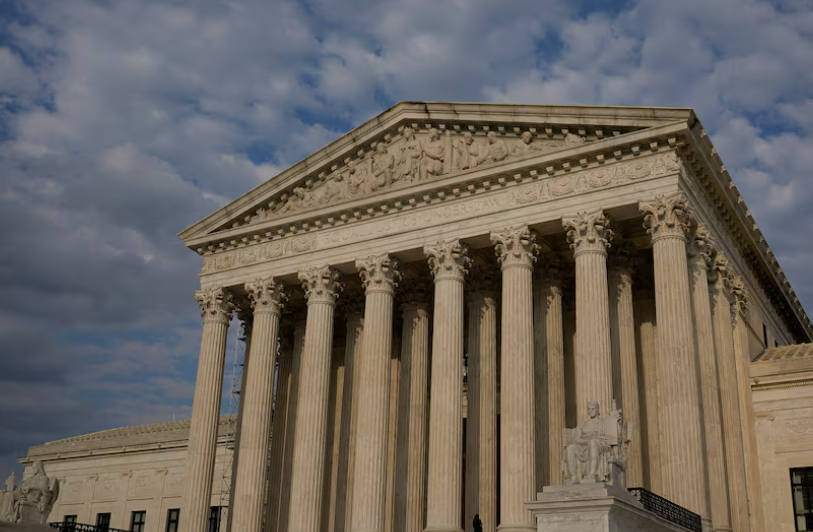The U.S. Supreme Court is set to decide several significant labor and employment cases this year, with potential ripple effects on workplace discrimination, wage laws, and employee benefits. These cases touch on critical issues like bias claims from majority groups, retirees’ rights, wage law exemptions, and standards for employee benefit plan disputes.
Majority Bias Claims: A New Standard?
In February, the justices will hear arguments in a case that could reshape how workers from majority groups—such as white or heterosexual employees—prove discrimination under Title VII of the Civil Rights Act of 1964.
The case involves Marlean Ames, a heterosexual woman who claims the Ohio Department of Youth Services discriminated against her by favoring gay colleagues for promotions. Lower courts, including the 6th Circuit, ruled against Ames, stating she failed to show “background circumstances” proving bias against majority groups.
If the Supreme Court rules in Ames’ favor, it could lower the bar for white or straight workers to sue, particularly in the context of diversity, equity, and inclusion (DEI) policies. Such cases have surged amid growing political backlash to DEI initiatives.
Can Retirees Sue for Disability Discrimination?
The Court will also address whether retirees can sue former employers for disability discrimination. The case centers on Karyn Stanley, a retired firefighter from Sanford, Florida, who challenges a policy reducing benefits for some disabled retirees.
Stanley argues the policy violates the Americans with Disabilities Act (ADA), but the 11th Circuit ruled she lacked standing because she no longer works for the city. This decision aligns with three other appellate courts but conflicts with rulings from others, which interpret the ADA more broadly.
Stanley’s lawyers argue the issue affects millions of disabled retirees and future beneficiaries. Oral arguments are scheduled for January 13, with a ruling expected later this year.
Overtime Pay and Wage Law Exemptions
In November, the Court heard arguments about the burden of proof for employers claiming exemptions from overtime pay under the Fair Labor Standards Act (FLSA).
The case involves EMD Sales, a grocery distributor, which failed to prove by “clear and convincing evidence” that its sales representatives were exempt from overtime pay. Most federal courts use a lower “preponderance of the evidence” standard in similar cases, and the justices’ ruling could standardize the approach nationwide.
The outcome will influence countless wage and hour lawsuits, shaping employers’ strategies for defending or settling class actions. A decision is expected by June.
ERISA Claims: Raising or Lowering the Bar?
In January, the Court will consider how difficult it should be for plaintiffs to prove violations under the Employee Retirement Income Security Act (ERISA).
The justices will review a 2nd Circuit decision dismissing a class action by 28,000 Cornell University employees. The employees accused the university of excessive recordkeeping fees and other violations. Courts are divided on whether plaintiffs must merely show that a prohibited transaction occurred or prove intent to benefit third parties.
This case is part of a broader wave of ERISA lawsuits targeting universities since 2016, with several institutions opting for multimillion-dollar settlements.
Potential Impact Across Workplaces
These cases represent critical junctures in employment law, addressing concerns ranging from individual workers’ rights to systemic oversight of workplace practices. With decisions expected throughout 2024, the Court’s rulings could redefine legal standards for discrimination, wage disputes, and employee benefits for years to come.

